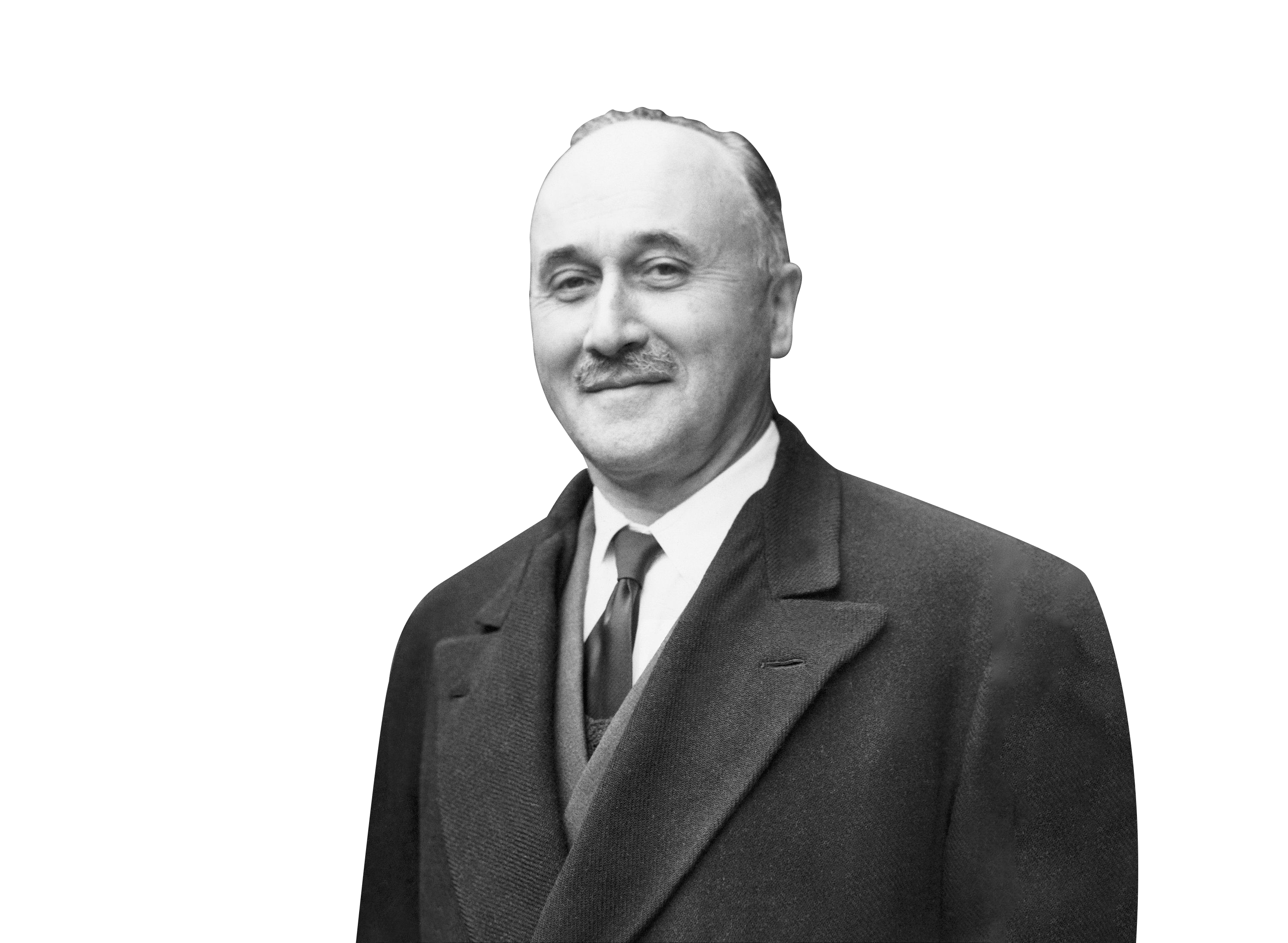EU citizenship: Rights and opportunities
EU citizenship is unique unique
EU citizenship is
unique unique

EU citizenship is a unique concept. If you are a national of one of the 27 EU countries, you’re automatically an EU citizen too.
As an EU citizen, you enjoy certain rights and benefits that are distinct from national citizenship. For instance, an EU citizen has the right to live, work and study anywhere in the EU.
But wait, there’s more! You can also play an active part in the democratic process of the EU.
Read on to discover more about the world of rights and opportunities offered by EU citizenship.

827 300 people received EU citizenship in 2021. This includes EU citizens who acquired citizenship of another EU country and those who acquired EU citizenship for the first time.
%
87% of Europeans feel like an EU citizen!
EU citizenship: Opportunities and protection protection
EU citizenship:
Opportunities
and
protection protection
MOVE
All EU citizens have the right to live, work and study in another EU country. You’re free to chase that new job across the border or study for a year abroad. No visa, work or residence permits required.

300 000+ students experience different cultures and gain valuable skills by studying abroad with the Erasmus exchange programme each year.
13.9 million EU citizens explore opportunities by living and working in another EU country, that’s more than the population of Belgium.
%
89% of EU citizens feel
that free movement
of
citizens in the EU
personally benefits
them.
%
18% of EU citizens
could see themselves
working
outside
their country
in the future.
VOTE
You can also go one step further and stand as a candidate and be elected!

%
50.66% of the EU
population voted in the
2019 EU
elections. 8%
more
than in 2014!
168 non-nationals stood
as candidates in a
country other than
their
own in
the 2019 European
Parliament elections.
%
67% of people in the EU know that a citizen of the EU living in their country can vote or stand in European Parliament elections.
%
55% know
that a citizen of the EU
living in their
country
can vote or stand in
municipal elections.
SPEAK UP
In addition to your right to vote in European elections, EU citizenship offers other ways to make an impact on EU policies:

Launch or support a European Citizens’ Initiative
You can call on the European Commission to propose new laws via a European Citizens’ Initiative.
Requirements include:
7 citizens from 7 EU countries.
1 million signatures from citizens of at least 7 EU countries.
by the Commission since 2012.
10 have reached the required number of signatures of which 9 have already received a Commission reply.
The first initiative to collect 1 million signatures led to changes to the EU Drinking Water Directive to ensure better access to drinking water.
Petition the European Parliament
You can ask for action or change by petitioning the European Parliament on issues within the EU’s competency that affect you directly.
Reply
The European Parliament will reply and inform you of the outcome. Some petitions are debated in a special committee.
1 500 +/- petitions heard by the European Parliament’s Committee on Petitions per year.
Complain to the European Ombudsman
Right to write to
the
institutions
You can write to EU bodies in any of the 24 official EU languages and receive a reply in that language.
Stay safe safe whilst travelling
Stay
safe safe
whilst travelling
As an EU citizen, you can receive consular assistance from the network of embassies and consulates of all 27 EU countries across the globe. If your country does not have an embassy or consulate in the country you are located in, you can turn to another EU country’s consulate for help.
Receive assistance when you:
600 000+ is the number of EU citizens repatriated by EU countries with the help of the EU because they were stranded abroad at the beginning of the COVID-19 pandemic.
EU citizenship through time time
EU citizenship through time time

The free movement of coal and steel workers is introduced across six European countries – Belgium, France, Italy, Luxembourg, the Netherlands and Germany. The European Coal and Steel Community is born.

These six founding members grant the right of free movement to all workers, self-employed citizens and their families. Over the years, this European Economic Community expands, welcoming in new countries.

European citizens directly elect members of the European Parliament for the first time.

EU citizenship is established by the Maastricht Treaty! Citizens now have a list of specific EU citizenship rights beyond the original right of free movement to engage in an economic activity.

EU Charter of Fundamental Rights comes into force, further reinforcing EU citizenship rights.

A new citizenship right is added. EU citizens are given a stronger voice in policymaking through the launch of the European Citizens’ Initiative.


Shared values
EU citizenship is built
on
shared European
values,
including
respect for human
dignity, freedom,
democracy,
equality, the rule of
law and human rights,
including
the rights of persons
belonging to minorities.
Sharing
these common values, EU
citizens help build a
society
of pluralism,
non-discrimination,
tolerance, justice,
solidarity and equality
between women and men.


“We’re not making a coalition of states, but uniting people”
Jean Monnet, Washington 30 April 1952





